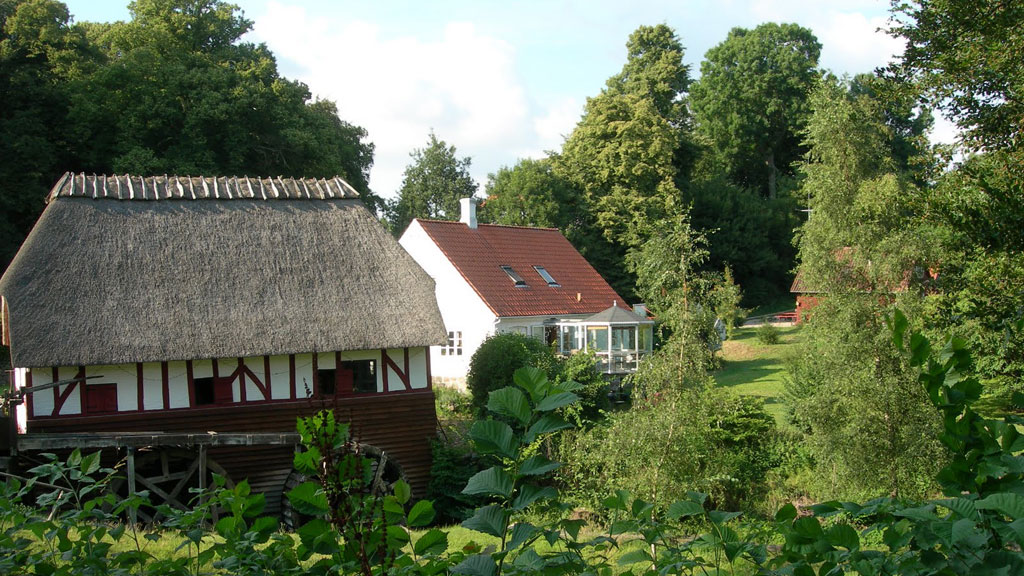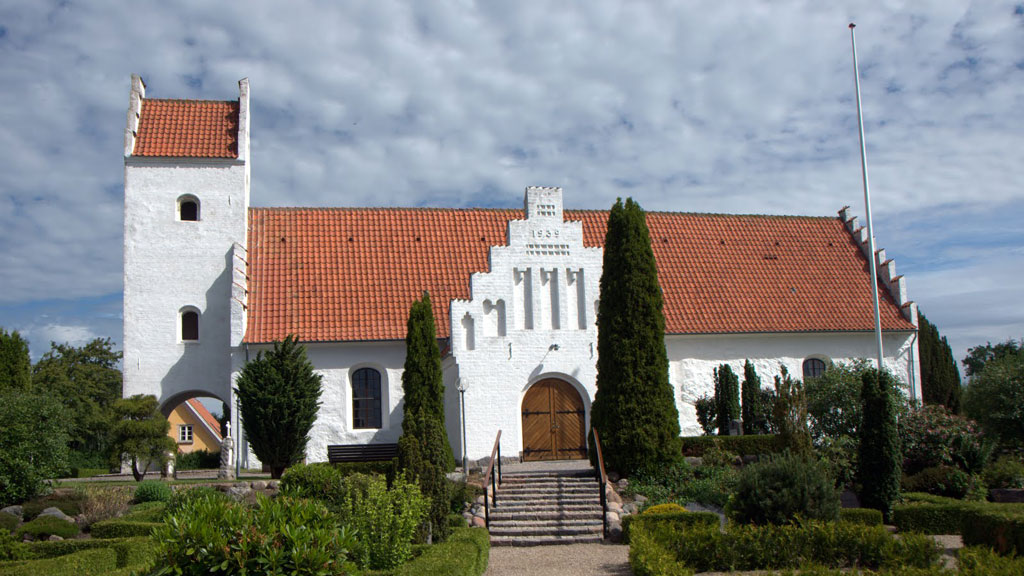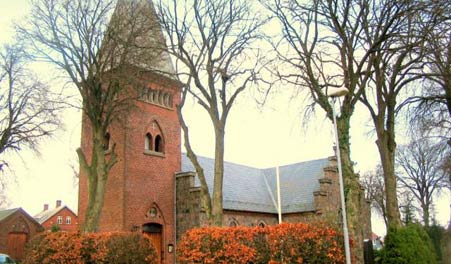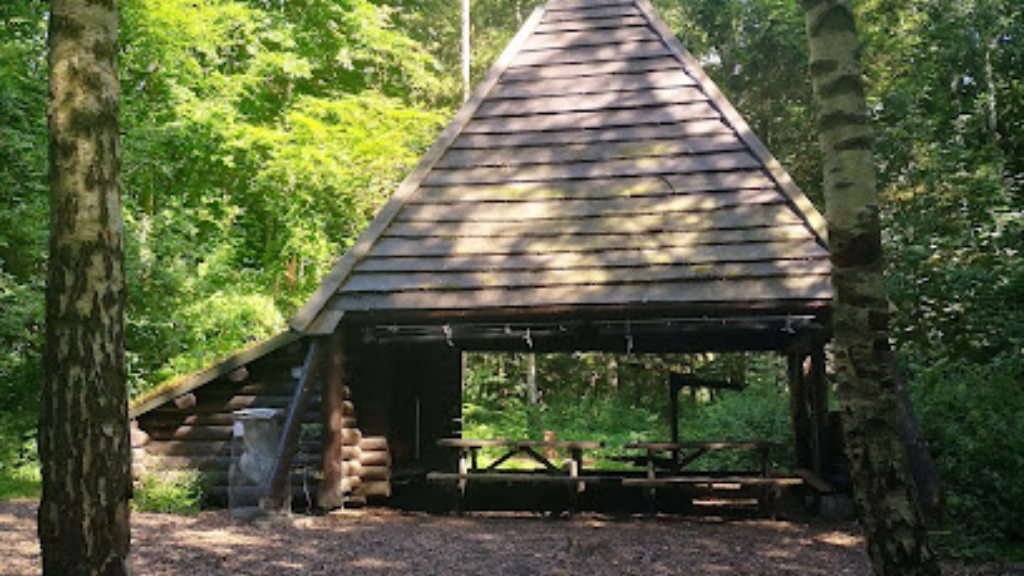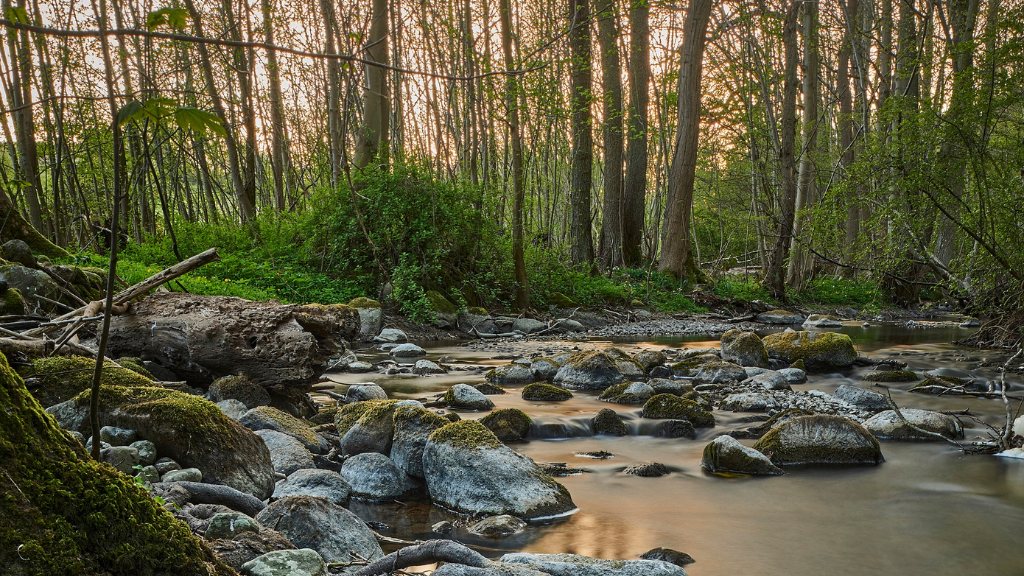Vejstrup Ådal
Step into an open landscape where the river winds through hills, meadows and woodland, revealing traces of ice and flowing water.

Visit Vejstrup Ådal
Vejstrup Ådal is located about 8 km east-northeast of Svendborg and stretches for approximately 17 km. The valley is characterised by distinct landforms and a varied natural setting shaped by glacial activity.
Access is easy from the car park at Lillemølle Bro, where the road between Svendborg and Nyborg crosses the river. From here, a roughly 4 km section of the Archipelago Trail follows the river valley.
What to experience in Vejstrup Ådal
In addition to walking along the river and the trail, visitors can see Vejstrup Watermill, a well-preserved mill with two large overshot wheels. The mill can be viewed from the outside.
Geological perspectives in Vejstrup Ådal
To the west, the valley begins in a hilly dead-ice landscape, while to the east it cuts into a moraine plain sloping towards the Great Belt. The exact formation of the valley is not fully understood and may be linked to subglacial meltwater during the last Ice Age.
After the ice retreated, meltwater further shaped the valley. The river rises at around 75 metres above sea level and its drop was historically used to power watermills.
Vejstrup Ådal is part of Geopark Det Sydfynske Øhav
Since 2018, Vejstrup Ådal has been part of Geopark Det Sydfynske Øhav. The geopark tells the story of landscape formation, sea-level rise and the close relationship between geology, nature and cultural history.
Comment s’y rendre
5881 Skårup Fyn
Dernière mise à jour par ::VisitSvendborgturist@svendborg.dk





